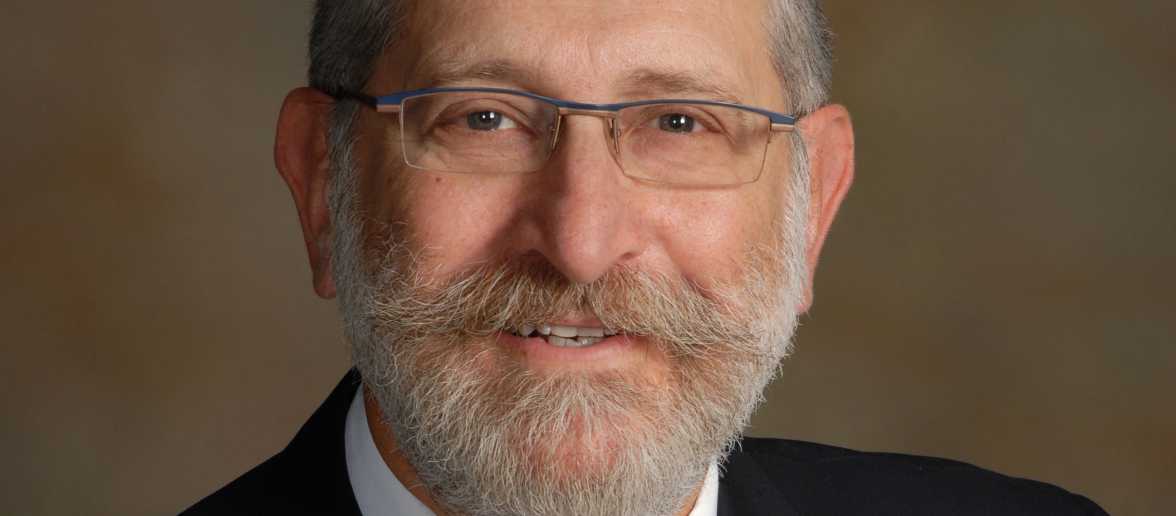
6 Questions for Mel Cappe: on setting agendas, showing leadership and seizing opportunities
“If you put two economists in a room, you get two opinions, unless one of them is Lord Keynes, in which case you get three.” So said Winston Churchill. So what happens when you put 12 leading economists in a room and ask them to focus on one of the biggest challenges of our time: growing economic and environmental prosperity in Canada? You get Canada’s Ecofiscal Commission. This Commissioner blog series gives you a glimpse into the diverse personalities and perspectives behind our work — and what it takes to wrestle through the big issues together.
- You’ve said that think tanks play a crucial role in both setting agendas and developing public policies. What kind of agendas and policies are you hoping to promote through the Ecofiscal Commission?
We’re not advocating a particular initiative; what we’re advocating is an approach to solving problems. It’s using ecofiscal initiatives to come to grips with complex policy challenges. We’re in the process of trying to bring light into a conversation where so far there’s been almost only heat. You need to have a place where this conversation can take place in a substantive, deep and policy-robust fashion.
- What are some of the biggest environmental issues currently facing Canada that could potentially be addressed through economic instruments?
There’s some very basic ones, like water. We don’t meter water everywhere as well as we could. That’s an example of an ecofiscal measure which is pretty simple and straightforward but really, really important if you want to ensure efficient production and utilization of water. There are lots of others: if you look at particulates, we actually burn high-sulphur diesel fuel far too much, which puts particulates into the air and leads to health problems.
- So what kind of difference could implementing ecofiscal measures make?
It allows two things to happen. One is it allows individuals to choose the least costly fashion of dealing with the higher costs. The other thing is it provides an incentive for people to innovate and find new solutions to these complicated problems.
- When we’re talking about ecofiscal policies, what kind of global issues do governments need to consider?
When it comes to climate change, we Canadians are not the major cause of climate change. But how are we going to get everybody to the table if we don’t take action? We need global action, no doubt about it. But, unless we’re prepared to take a couple of steps at home and reduce our emissions and internalize the costs of carbon — which is now undervalued — we’re not going to see a solution.
- Is there a risk of putting Canadian companies at a disadvantage if we impose some kind of pollution tax?
I’m more worried about missing the opportunity to put Canadian companies at an advantage, because there is going to be huge gains to first movers. If we can get Canadian companies to be on the forefront of innovation for alternative energy programs, we can make Canada a huge winner. If we lag, we are going to pay a huge price for that. I’m less worried about the reductions in output that we might face than I am from the costs that we might otherwise pay, like the cost of pollution, health costs and/or the missing the boat on the innovation opportunities.
- With all your experience, I’m sure you get far more invitations to serve on boards and commissions that you can accept. What prompted you to say yes to the Ecofiscal Commission?
You can’t say no to something that important. I was the Deputy Minister of the Environment in the mid-90’s, and when I got the job my predecessor said to me: “You will be taken out of the Department of the Environment, but they’ll never take the environment out of you.” The issue that we are dealing with is the future of life on Earth, and anybody who cares about their children, or their grandchildren or their successors has to take this seriously. It’s corny to say that, but it’s actually true.
About the Author
Mel Cappe is a professor at the University of Toronto, in the School of Public Policy and Governance, as well as a Commissioner of Canada’s Ecofiscal Commission.




Comments are closed.